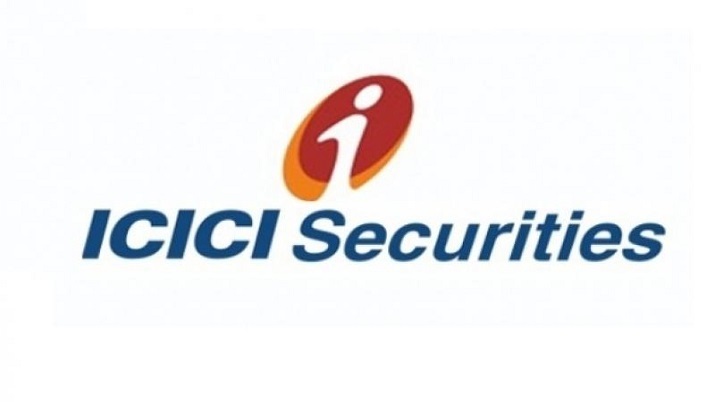Your earnings will surely improve with time. Your earnings will increase as you go from one promotion to the next. As a result, the tax rate applicable to you under the Income Tax Act of 1961 will change accordingly. This translates into greater tax liability.
Fortunately, the Income Tax Act contains a number of provisions that help to lower the tax burden. Section 80C contains some of the most important tax-saving provisions. In Addition to Section 80C, there are other ways to save money on taxes.
Section 80C
Section 80C of the Income Tax Act allows for a maximum annual deduction of Rs. 1.5 lakhs. Deductions for various investment options and expenses incurred are available to eligible taxpayers. Section 80C contains the subsections 80CCC, 80CCD (1), 80CCD (1b), and 80CCD (2). (2).
Here is a list of qualifying investments and expenses that fall under Rs. 1.5 lakh limit under Section 80C.
- Investing in funds managed by the Equity Linked Savings Scheme (ELSS).
- Purchase of Unit-Linked Insurance Plans (ULIPs)
- Public Provident Fund Investment (PPF)
- Investing in the National Retirement System (NPS)
- Invest in a tax-advantaged fixed deposit.
- Sukanya Investment Yojana Samriddhi
- Premiums for life insurance
- Tuition expenses for your children’s schooling have been paid (up to a maximum of 2 children)
- Home loan principal repayment
NPS Account 80CCD (1B)
If you are or intend to register an account in the NPS, or National Pension System, you can avoid taxes under Section 80CCD(IB). Another tax-saving portion permits deductions of up to Rs 1.5 lakh per year by investing in the Scheme. Except for the armed services, the National Pension System (NPS) is a central government social security scheme open to all private and government employees.
Employed or self-employed taxpayers are eligible for an extra deduction of up to Rs 50,000. Despite the fact that the same amount cannot be claimed under both sections, the deduction available under Section 80CCD(1B) supplements the deduction available under Section 80CCD(1), i.e. Section 80C.
Health Insurance Premium (Section 80D)
Everyone in the family requires health insurance, whether it is provided by an individual plan or a Family Floater. Individuals are encouraged to obtain health insurance by the government through tax advantages. Even premiums paid for parents qualify for the deduction. Section 80D of the Indian Income Tax Act allows for a tax deduction from total taxable income for health insurance premiums paid as well as health care expenses incurred.
This clause allows you to claim a tax deduction of up to Rs 25,000 per fiscal year for yourself, your spouse, and your dependent children. If your parents are older citizens, you can deduct an additional Rs 25,000 from their medical insurance premium. If both the individual taxpayer and the parent are over the age of 60, the deduction is worth up to Rs 1 lakh.
Rent Payment (Section 80GG)
Salaried employees who live in rented housing can reduce their taxes to some extent thanks to the House Rent Allowance (HRA) supplied by their employers. Section 80GG offers tax breaks to self-employed and salaried individuals who do not receive HRA as part of their pay but live on rent.
These taxpayers can claim a tax deduction for the rent they pay for their living quarters. Under the Income Tax Act, the pay component received as HRA is deducted from the taxable salary income. If the employee does not reside in a rental home, the HRA is totally taxed.




